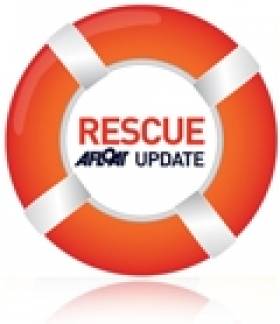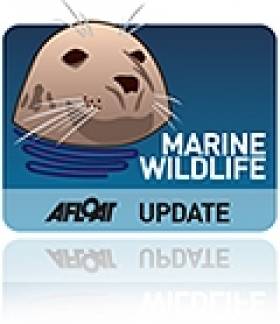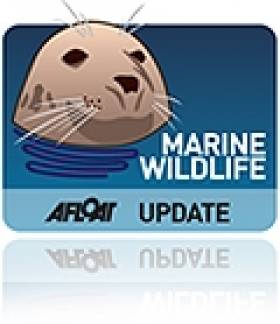Displaying items by tag: Postmortem
Body Recovered Off Dublin Thought to Be Missing Fisherman
#RESCUE - The Evening Herald reports that a body recovered 14km off the coast of north Dublin on Sunday is believed to be that of a missing fisherman.
The grisly find was made by the fishing vessel Rath Eilte in the waters off Skerries. A post-mortem was set to be carried out yesterday to determine the cause of death.
Found fully clothed in black and yellow oilskins, the remains are thought to be those of a Ukrainian in his 30s, a crewman on the Kilkeel-registered Zenith who was reported missing some 14.5km off Clogherhead in Co Louth on 29 January.
Probe into Death of Seaman at Waterford Port
An investigation has been launched into the death of a seaman in Waterford Port yesterday.
The Irish Independent reports that the 51-year-old sailor from the Philippines fell more than five metres after being struck by machinery.
He had been tying down a load on the cargo ship MV Scot Pioneer when the incident occurred around lunchtime yesterday. He later died from his injuries.
The Health and Safety Authority and gardaí went to the scene, and RTÉ News reports that a post-mortem was set to take place yesterday afternoon.
The Port of Waterford Company also issued a statement extending its sympathies to the man's family and colleagues.
Record Dolphin Strandings 'Inexplicable'
There is growing concern over the rising number of dolphin deaths along Ireland's south coast, the Irish Examiner reports.
The Irish Whale and Dolphin Group (IWDG) announced that a record 19 common dolphins washed up dead in Cork, Waterford and Wexford in January and February of this year alone - 17 more than in the same two months of last year.
Padraig Whooley of the IWDG said the deaths were "inexplicable", noting that there were no obvious signs of injury.
He added that the IWDG did not have the resources or funding to carry out the necessary post-mortems to determine the cause of death, which could be viral in nature.
The Irish Examiner has more on the story HERE.
Vets Get to Grips With Whale, Dolphin Post-Mortems
The Irish Whale and Dolphin Group's (IWDG) recent workshop on the post-mortem examination of stranded dolphins and whales is hoped to encourage the building of much needed experience for Ireland's vets dealing with marine animals.
More than 20 veterinarians from across the country attended the workshop in Athlone, where they were shown how to carry out a post-mortem from a research perspective and taken through the post-mortem protocol, as well as the collection of samples for various parameters from bacteriology to genetics.
"The IWDG have long advocated that the post-mortem examination of stranded cetaceans should be carried out by veterinary pathologists to determine their cause of death and provide samples for life-history studies," said the group's Dr Simon Berrow.
Two Men Die in Inishbofin Boating Accident
Two men died in a boating accident off the coast of Inishbofin in Co. Galway early this morning.
The pair, aged in their late 50's and early 60's had arrived on the island yesterday on a 40ft motor cruiser and it is understood, through local lifeboat sources, the accident appears to have happened as the two men returned to the cruiser by dinghy on Saturday night.
Both men were wearing lifejackets.
One of the bodies was washed ashore, while another was located inside the upturned dinghy around 11 o'clock this morning.
The bodies were airlifted by the Sligo-based Coastguard helicopter to Galway University Hospital.
Post-mortem examinations will be carried out to determine the exact cause of death.




























































